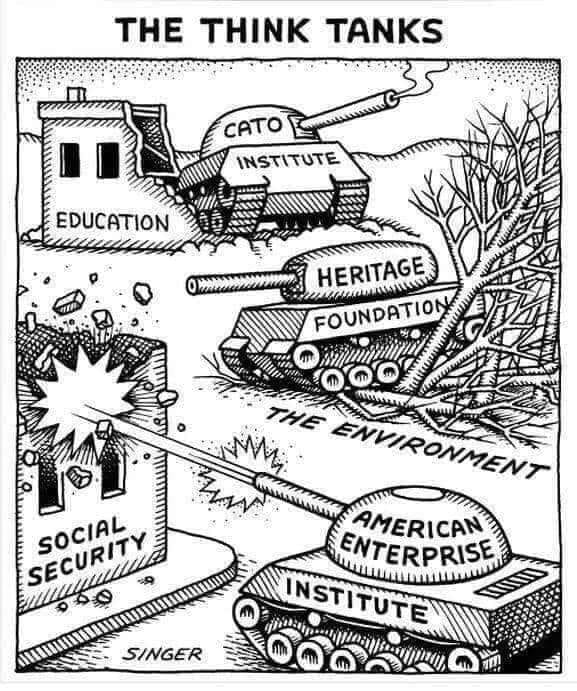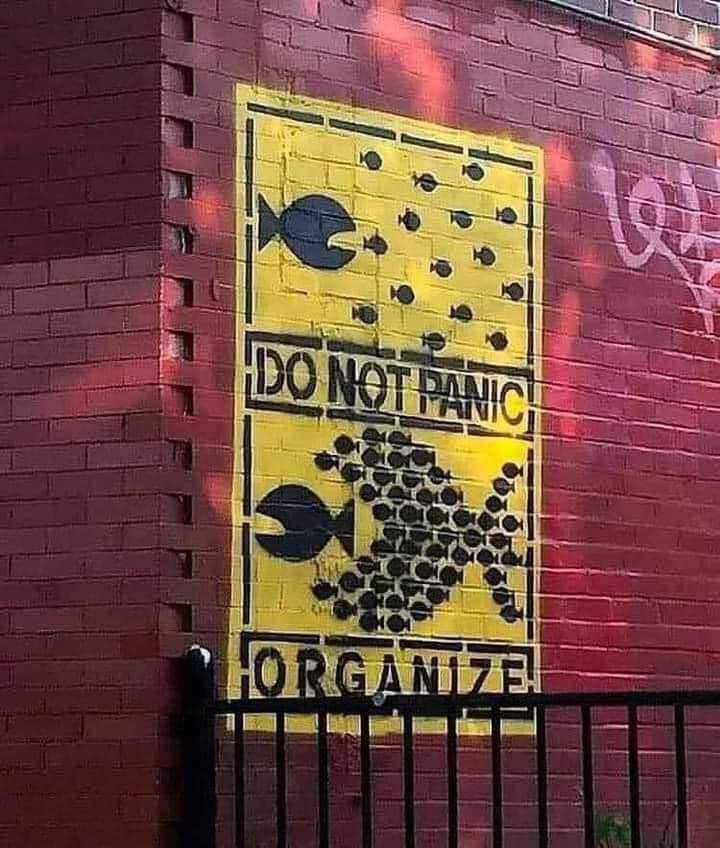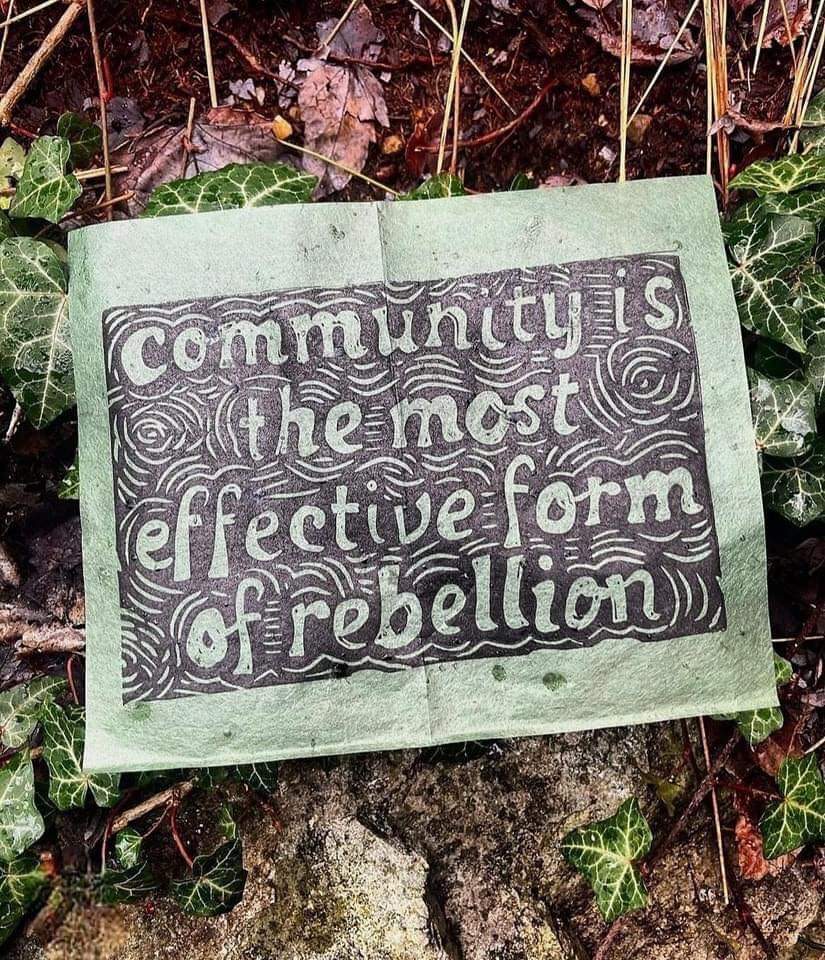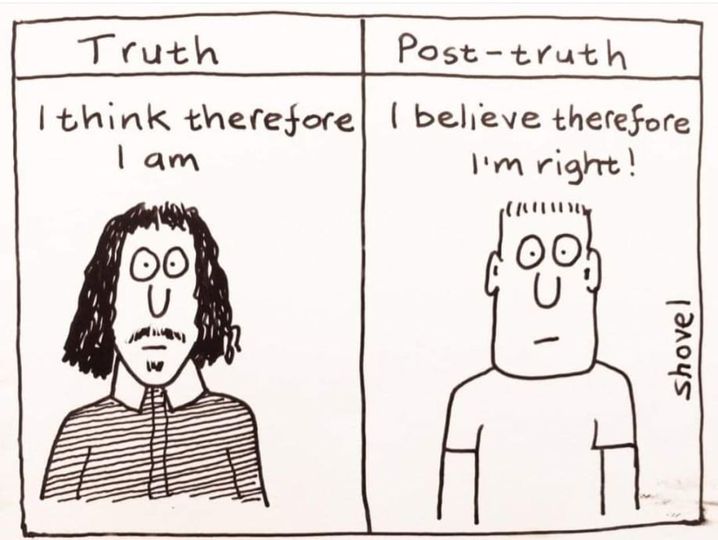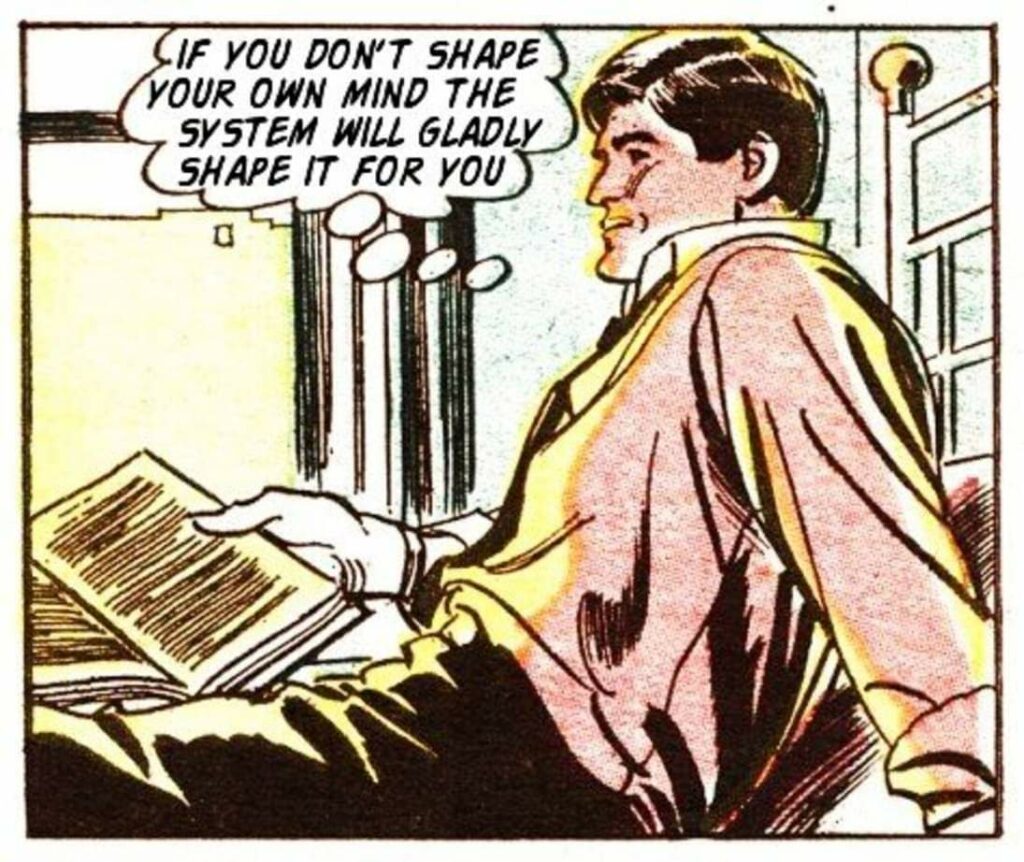Open Systems: Emphasize transparency, inclusiveness, and shared power. Social interactions in open systems are visible, allowing for accountability and collective decision-making. Examples include public forums, open-source projects, and community assemblies.
Closed Systems: Reserved for private interactions, where privacy and confidentiality are necessary. Examples include personal conversations, private messages, and some business dealings.
The real fear of Closed Systems
Isolation and Control: Closed systems isolate people and groups, enabling power to exert disproportionate influence without any meaningful oversight. This leads to abuses of power, lack of accountability, and the perpetuation of harmful practices.
Stifling Innovation and Collaboration: When information and resources are locked away, collaboration is harder, and serendipity to build the trust for horizontal working suffers. Open systems encourage the sharing of ideas and collective problem-solving, driving trust and humane creativity.
Historical examples
Diaspora vs. RSS Networks:
Diaspora: Promoted as a closed network, provide a privacy-focused alternative to Facebook. However, its closed nature limited its adoption and integration with existing #openweb web ecosystems.
The 10-Year Gap: The decade-long gap between the initial promise of open standards like RSS and their reinvention (e.g., ActivityPub) underscores the challenges of maintaining momentum and community support for open systems. This gap is a huge-lost opportunity.
RSS and ActivityPub: Open standards, facilitate interoperability and decentralized communication. The resurgence of interest in these technologies (e.g., ActivityPub) highlights the value of open systems to building trust based networks.
Ideological Perspectives
Conservatism: Emphasizes stability, tradition, and supports hierarchical structures. In the context of the #openweb, conservatives argue for maintaining closed systems to preserve order and control.
Liberalism: Advocates for individual freedoms and freespeech ideals. Liberals support open communication systems as they align with values, but have a need for closed systems to facilitate the capitalist economics they so love.
Anarchism: Promotes the dismantling of hierarchical structures and champions radical #4opens with decentralization. Anarchists advocate for fully open systems, minimizing any form of “hard” centralized control.
Questions to Consider
Balancing Openness and Privacy: How can we design systems that maximize openness while respecting some privacy and confidentiality?
Sustaining Open Systems: What mechanisms can ensure the longevity and resilience of open systems, preventing them from being overshadowed by closed, proprietary alternatives?
Addressing the #GeekProblem: How can we engage technologists and developers in conversations about the sociopolitical implications of their work, encouraging a commitment to the open path?
Navigating Ideological Differences: How can we bridge ideological gaps to create a shared vision for the #openweb, recognizing the diverse motivations and concerns of different political and social groups?
The discussion about open versus closed is not only technical but rooted in sociopolitical ideologies and ideas of human nature. By understanding these perspectives and implications, we can advocate for the #openweb, to build up this vibrant, inclusive, and innovative space. This needs a thoughtful consideration of historical contexts, current challenges, and future possibilities, always with an eye toward preserving the #4opens that make our internet beneficial for society, not just the few greedy monsters that are destroying what we value, life.
How can we have this conversation without the normal “prat behaver” is a hard path to find.
